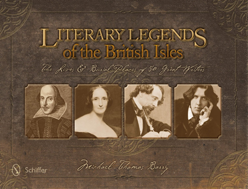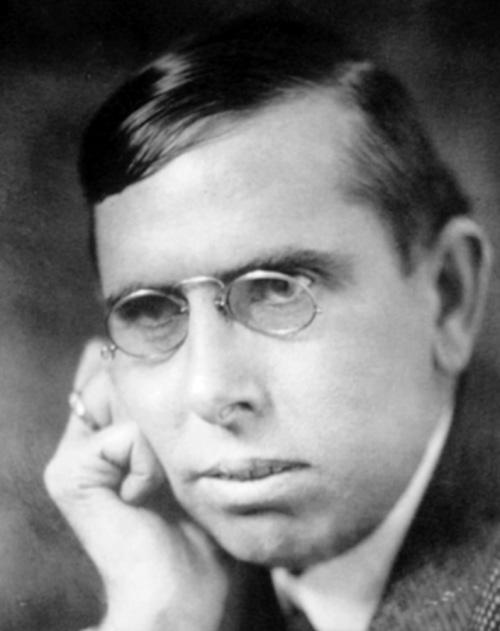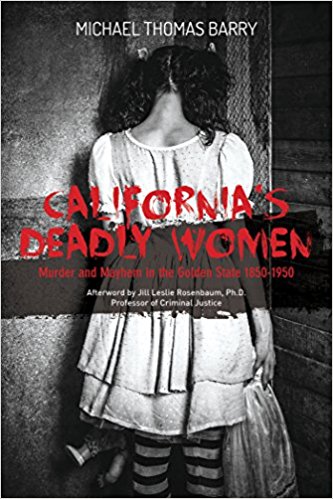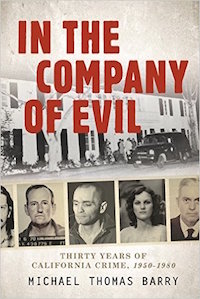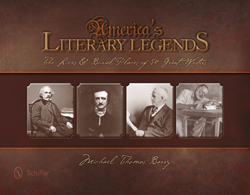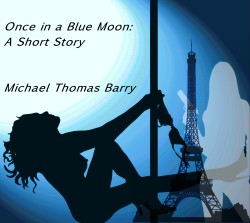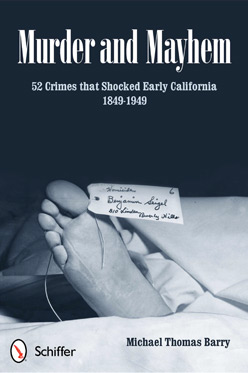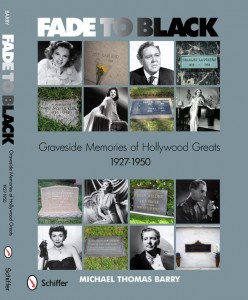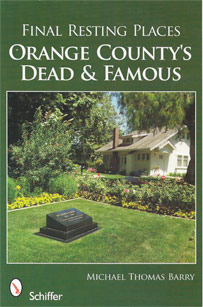09.09

On this date in American literary history – September 9, 1910, Alice B. Toklas becomes the lifetime house mate of Gertrude Stein. Stein, who shared a house with her brother Leo for many years, met Toklas in 1907. Toklas began staying with Stein and Leo in Paris in 1909, then moved in permanently in 1910. Stein’s brother Leo moved out in 1914. Toklas’ love and support of Stein was so important that when Stein wrote her autobiography in 1933, she titled it The Autobiography of Alice B. Toklas, adopting Toklas’ persona as the narrator of her own memoirs. The two women turned their Parisian home at 22 rue de Fleurus into an important artistic and literary salon, where they entertained Picasso, Matisse, Hemingway, Fitzgerald, and many others. Stein’s own avant-garde writing attempted to create a Cubist literature that used words like the strokes of a paintbrush.
Stein was born in Pennsylvania in 1879 and traveled around Europe with her parents and four siblings. The family settled in Oakland when she was seven, and she spent much of her childhood raised by a governess. Very attached to her older brother, Leo, she followed him to Harvard and studied psychology with William James. She then followed Leo to Johns Hopkins, where she studied medicine for a year, then gave up. The siblings moved to Paris in 1903. Her best-known works include the novels Three Lives (1909) and The Making of Americans (1925), and Tender Buttons (1914). Stein and Toklas survived the German occupation of Paris during World War II and later befriended many American servicemen in the city. After the success of her opera, Four Saints in Three Acts (1934), Stein launched a successful U.S. lecture tour. Stein is considered one of the most influential thinkers and writers of the 20th century. She died in France in 1946. Her last words, according to Toklas, were, “What is the answer? … In that case, what is the question?”
Michael Thomas Barry is the author of six award winning books that includes the soon to be released America’s Literary Legends: The Lives and Burial Places of 50 Great Writers.

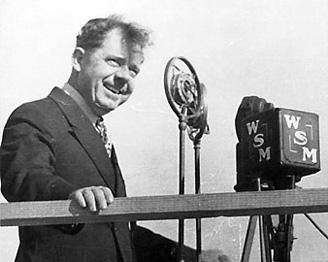


![gold-shiny-web[1]](https://michaelthomasbarry.com/wp-content/uploads//2014/09/gold-shiny-web1.png) September 1, 2014 – Readers Favorite announces that Literary Legends of the British Isles was awarded a gold medal in the historical-nonfiction category.
September 1, 2014 – Readers Favorite announces that Literary Legends of the British Isles was awarded a gold medal in the historical-nonfiction category. 